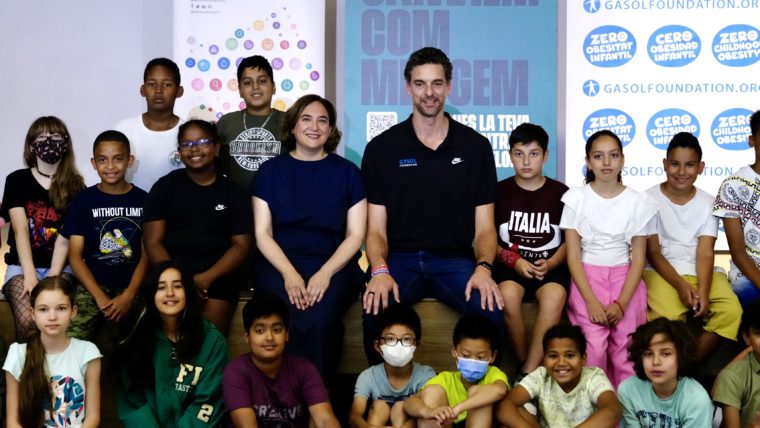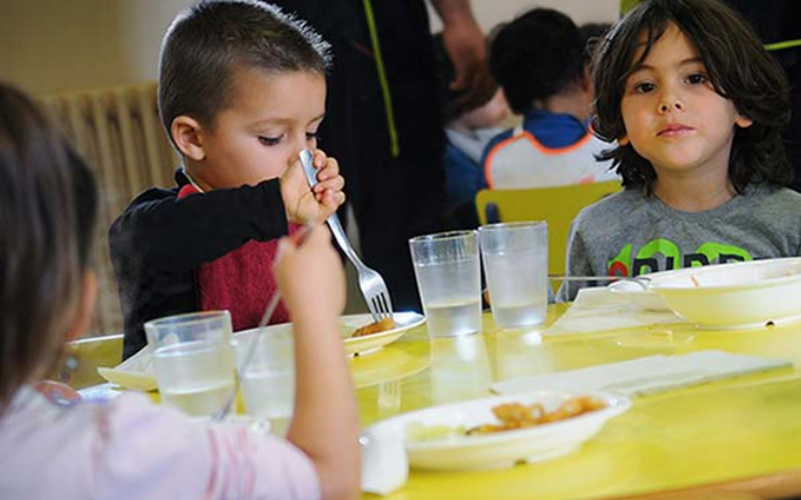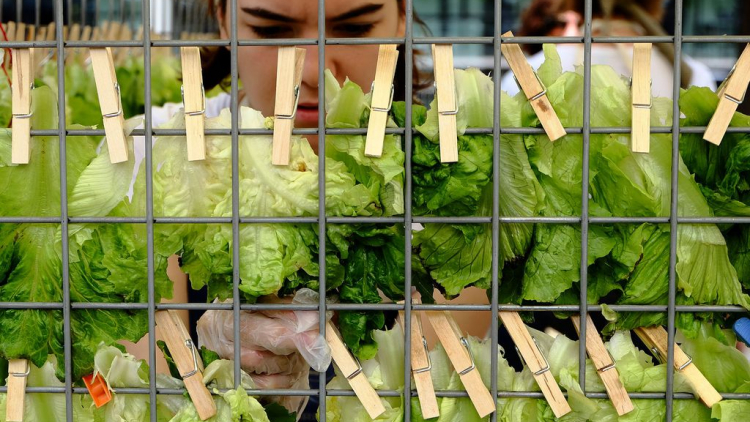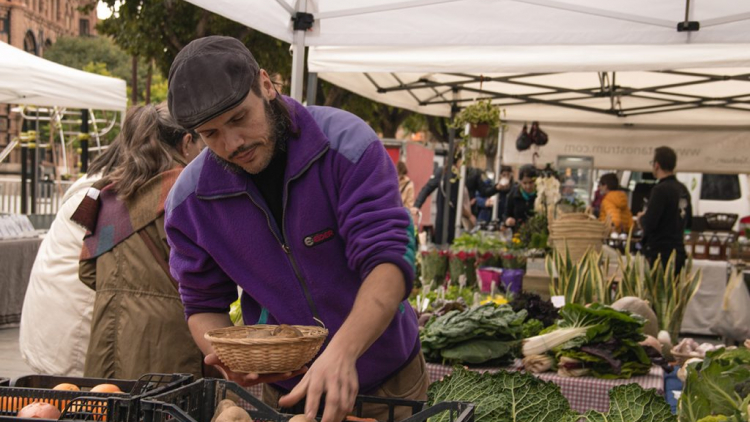Goal 2:
Zero Hunger
End hunger, achieve food security and improved nutrition and promote sustainable agriculture
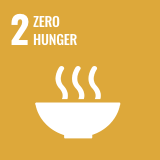
SDG 2 calls upon us to ensure that every person has sufficient quantities of healthy, nutritious food all year long. This goal intends to eradicate malnutrition and combat bad eating habits that end up causing diseases. At the same time, we must ensure that the food production systems we use are sustainable and adapt to the new climatic conditions. We must support new food and agriculture models across the globe that are sustainable, healthy and fair.
2.1 By 2030, end hunger and ensure access by all people, in particular the poor and those in vulnerable situations, including infants, to healthy, nutritious and sufficient food all year round
2.2 By 2030, end all forms of malnutrition, including achieving by 2025 at the latest, the internationally agreed targets on stunting and wasting in children under 5 years of age, and address the nutritional needs of adolescent girls, pregnant and lactating women and older persons.
2.3 By 2030, double the agricultural productivity and income of small-scale food producers, in particular women, indigenous peoples, family farmers, livestock farmers and fishers[US1] , including through secure and equal access to land, other productive resources and inputs, knowledge, financial services, markets and opportunities for adding value and non-farm employment
2.4 By 2030, ensure sustainable food production systems and implement resilient agricultural practices that increase productivity and production, help to maintain ecosystems, strengthen the capacity for adapting to climate change, extreme weather, drought, flooding and other disasters, and progressively improve land and soil quality
2.5 By 2020, maintain the genetic diversity of seeds, cultivated plants and farmed and domesticated animals, as well as their related species, including through soundly managed and diversified seed and plant banks and plant banks at the national, regional and international levels, and promote access to fair and equitable sharing of benefits arising from the utilisation of genetic resources and associated traditional knowledge, as internationally agreed
2.a Increase investment, including through enhanced international cooperation, in rural infrastructure, agricultural research and extension services, technological development and plant and livestock gene banks in order to enhance agricultural productive capacity in developing countries, in particular least developed countries
2.b Correct and prevent trade restrictions and distortions in world agricultural markets, including through the parallel elimination of all forms of agricultural export subsidies and all export measures with equivalent effect, in accordance with the mandate of the Doha Development Round
2.c Adopt measures to ensure the proper functioning of markets for food commodities and their derivatives and facilitate timely access to market information, including on food reserves, in order to help limit extreme food price volatility
Related municipal plans and programmes
- Citizen Commitment to Sustainability (2012-2022)
- Strategy for Social Inclusion and Reducing Social Inequality (2017-2027)
- II Plan for Gender Justice (2021-2025)
- Barcelona Cooperation for Global Justice Master Plan (2023-2026)
- Barcelona Strategy against the Feminisation of Poverty and Job Insecurity (2016…
- Strategy on Demographic Changes and Ageing (2018-2030)
- Children plan (2021-2030)
- Barcelona Plan for Fighting Homelessness (2016-2020)
- Barcelona Neighbourhood Plan (2021-2024)
- ‘Barcelona, Refuge City’ Plan

